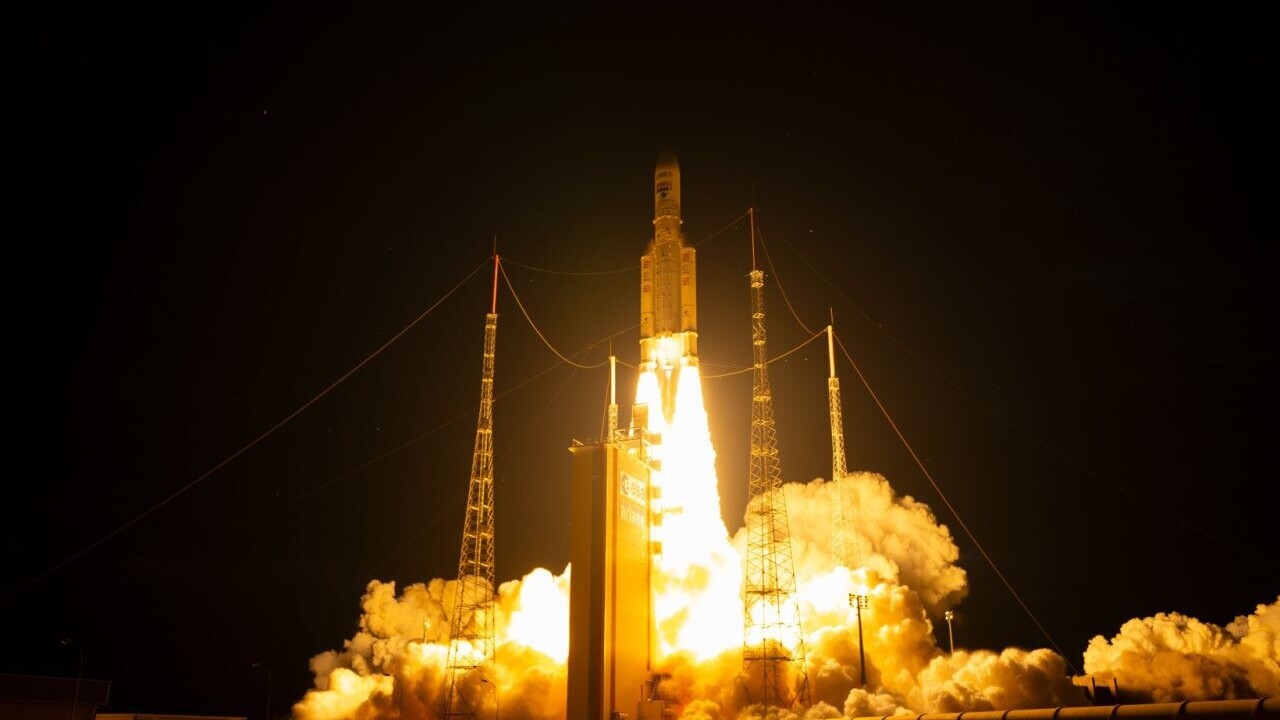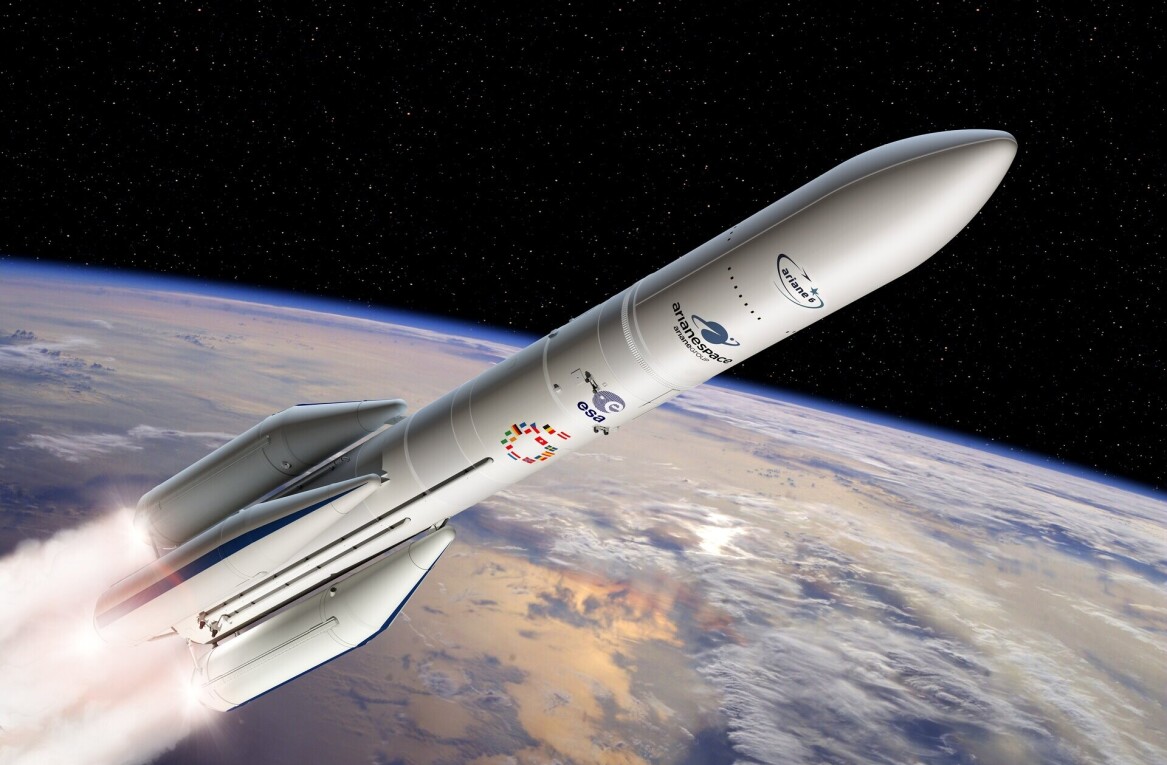
This week, after nearly three decades of providing Europe access to space, the Ariane 5 heavy-lift rocket completed its final mission. On Wednesday, July 5, at 22:00 GMT, the rocket took off from the European Space Agency’s (ESA’s) Spaceport in Kourou, French Guiana.
Its final flight launched two payloads into geostationary orbit. The first was the 3,400kg Heinrich-Hertz-Satellit that will test advanced communication technologies on behalf of the German government. The second was the 3,750kg Syracuse 4B satellite belonging to the French military.
Bowing out in style, Europe’s #Ariane 5 rocket has completed its final flight, placing @DLR_de's Heinrich Hertz and the French Syracuse 4B satellites into their planned geostationary transfer orbits ? https://t.co/XYYDp86r8Y pic.twitter.com/xzwLva90mu
— ESA (@esa) July 5, 2023
Ariane 5’s storied career began back in 1996. Since Wednesday evening, it includes 117 orbital liftoffs. Both satellites were successfully deployed about 30 minutes after launch. Shortly thereafter, Stéphane Israël, CEO of France’s Arianespace which operates the rocket, said, “Ariane 5 is now over. Ariane 5 has perfectly finished its work. It’s really now a legendary launcher. But Ariane 6 is coming.”

Delay for ESA’s SpaceX competitor
Indeed, the era of the Ariane 5 is over, which leaves Europe in want of a launch vehicle. The construction of its successor, the Ariane 6, has been hit by delays. The more affordable (as far as heavy-launch rockets go) upgraded version, intended to better compete with SpaceX’s Falcon 9, is currently scheduled for its first test launch by the end of the year. If all goes well, it will enter commercial operations in 2024.

The rocket Europe has relied on for smaller payloads (Ariane 5 could carry over 11 tonnes), Italy’s Vega, has also hit technical bumps in the road during its upgrade process. The Vega C had a second failed launch attempt late last year, and remains grounded.
Meanwhile, access to the medium-payload Russian Soyuz has been suspended because, well, Russia went and started a war of aggression against Ukraine at the tail-end of a global health crisis.
Combined, these factors leave Europe without launch capabilities and a direct link to space. A report released earlier this year commissioned by the ESA warns that Europe is about to be left behind in the next chapter of the space race.
On a somewhat sombre note heralding an end to the Ariane 5 era, the report — named Revolution Space — stated, “Countries and regions that will not secure their independent access to space and its autonomous use, will become strategically dependent and economically deprived of a major part of this value chain.”
Get the TNW newsletter
Get the most important tech news in your inbox each week.





